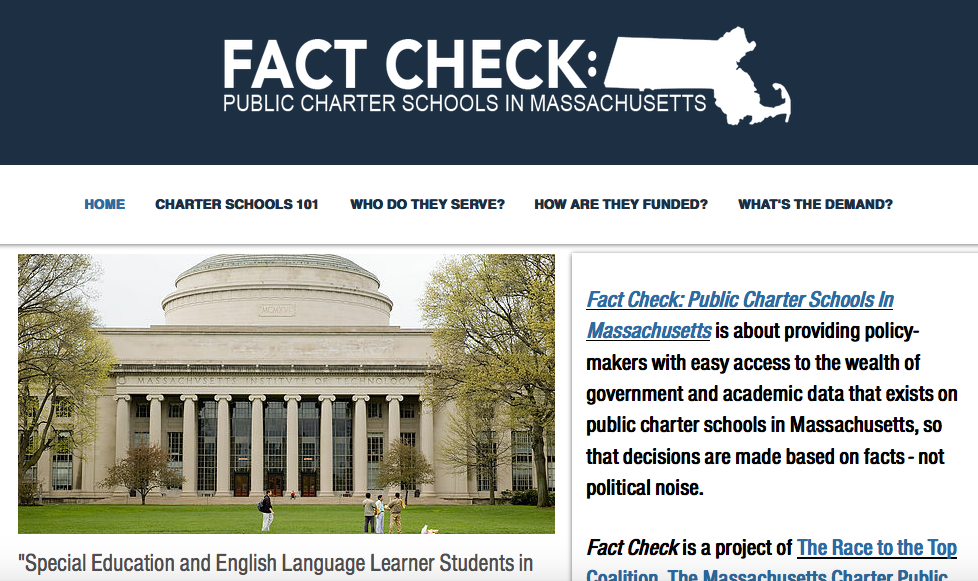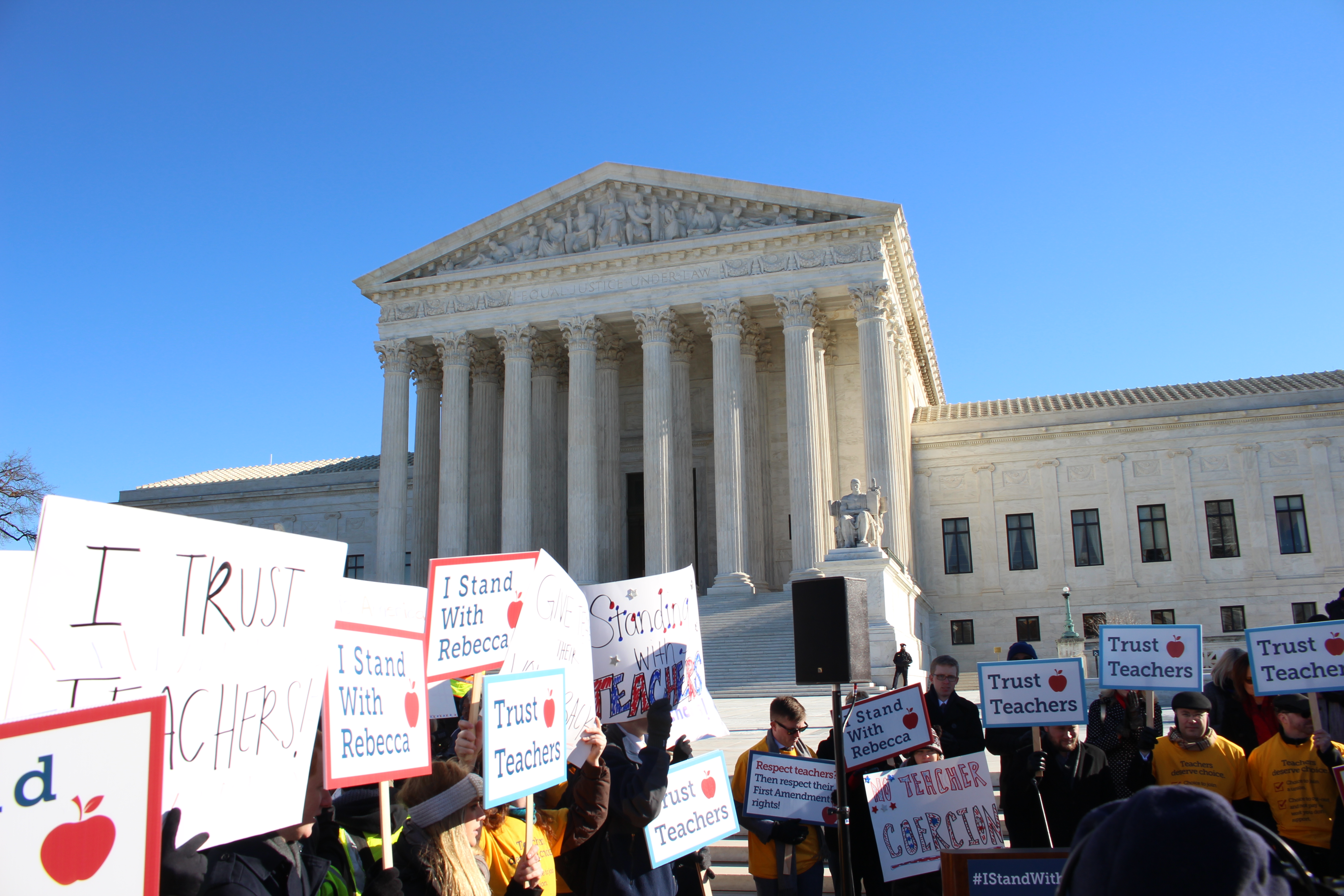Vol. 18, No. 7
Special Edition CER Newswire
Special Interests Obstruct Education Opportunities for Children
Advocates of expanded parent power for children are encountering increased threats from opponents across the United States, curtailing or delaying school options for kids whose needs aren’t being met by their assigned schools.
In Massachusetts, the NAACP and seven Boston Public School students have filed for intervention in the lawsuit to lift the cap on public charter schools. These increasingly desperate attacks by defenders of the status quo are being met head-on by courageous leaders at the state and local level, including MA Governor Charlie Baker. Information about why lifting the cap is so critical, and more facts about Massachusetts charters can be found at www.charterfactsma.org.
The goal of this site is to “provide policy-makers with easy access to the wealth of government and academic data that exists on public charter schools in Massachusetts, so that decisions are made based on facts – not political noise.”
to “provide policy-makers with easy access to the wealth of government and academic data that exists on public charter schools in Massachusetts, so that decisions are made based on facts – not political noise.”
Over to The Hoosier State, where the leading education official has called for a moratorium on the Indiana Choice Scholarship Program. State Superintendent Glenda Ritz, whose job it is to support all opportunities for students, was elected with teacher union support – clearly a debt she is trying to repay. The program’s end would mean 33,000 students would lose their ability to attend the school of their choice.
Despite widespread support in the legislature and across the state, lawmakers in Tennessee failed to follow-through on a school choice bill that had already passed through the House budget subcommittee. The bill, that would have allowed choices for children assigned to the worst-performing schools, was withdrawn by sponsor Rep. Bill Dunn. Advocates on the ground report that inflammatory rhetoric by opponents derailed efforts. The TEA called upon its members to contact the legislature to oppose the program, misled about the results of school choice programs nationwide, which have actually successfully helped to educate thousands of students.
 Teachers are becoming increasingly frustrated that their paychecks are funding activities that ultimately hurt their students and their professional freedoms, as demonstrated by the U.S. Supreme Court Friedrichs v. California Teachers Association et al. case. The outcome of Friedrichs is now uncertain, due to the tragic passing of Supreme Court Justice Antonin Scalia. Should the decision of the lower court stand, teachers would lose the freedom that they aspire to have regarding whether and how they join and pay for union representation. Equally as important, school choice programs, which are opposed by teachers unions, would continue to endure their well-funded opposition.
Teachers are becoming increasingly frustrated that their paychecks are funding activities that ultimately hurt their students and their professional freedoms, as demonstrated by the U.S. Supreme Court Friedrichs v. California Teachers Association et al. case. The outcome of Friedrichs is now uncertain, due to the tragic passing of Supreme Court Justice Antonin Scalia. Should the decision of the lower court stand, teachers would lose the freedom that they aspire to have regarding whether and how they join and pay for union representation. Equally as important, school choice programs, which are opposed by teachers unions, would continue to endure their well-funded opposition.
The success of expanded educational opportunities for all students depends on bold, courageous leadership. Successful enactment of such programs in states happens despite opposition because legislators and governors are willing to ignore thinly veiled arguments against new opportunities for children. None of the attacks in these states or others today are anything new – they have been happening for more than two decades. The lesson for lawmakers should be drawn from states that succeeded by continuing to push for school choice, no matter what the opponents say, and not to acquiesce to unsubstantiated demands. During this important election year, these facts cannot be overstated.

